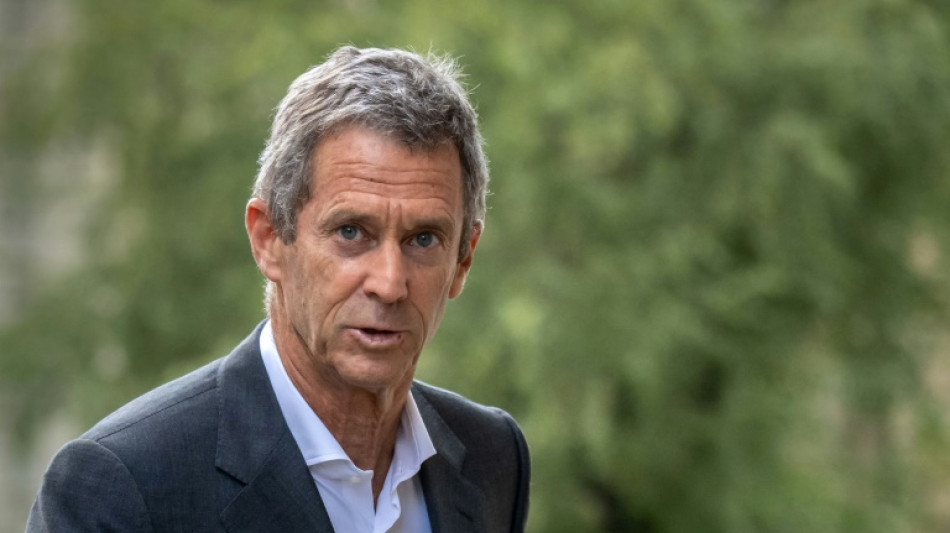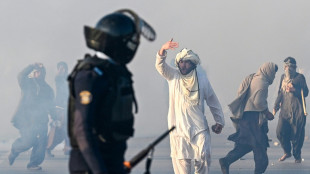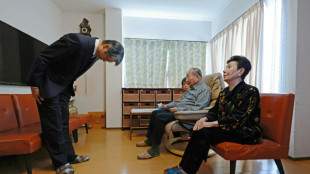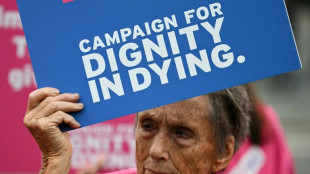

'I am innocent', mining magnate says at end of Swiss appeal
A French-Israeli businessman appealing against his conviction in one of the mining sector's biggest-ever corruption cases insisted Tuesday on his innocence and hoped the Swiss court would give him justice.
Mining tycoon Beny Steinmetz was found guilty in 2021 of setting up a complex financial web to pay bribes to ensure his company could obtain permits in Guinea's southeastern Simandou region, which is estimated to contain the world's biggest untapped iron ore deposits.
"I am innocent," the 66-year-old told AFP at the end of seven days of intense hearings.
The businessman, who made his fortune in diamonds, was sentenced by a Geneva court to five years in prison and ordered to pay 50 million Swiss francs ($52 million) in compensation.
But he insisted during the appeals court hearings that that verdict was deeply unfair, with his lawyers arguing the prosecution's case was "very weak".
"I have done nothing wrong," Steinmetz said shortly before the court adjourned, telling the judges he had been "devastated" to hear how he was being portrayed.
Steinmetz -- who lives in Israel and was granted a free-passage to attend the trial -- is free to leave Switzerland but will be asked to return to serve his sentence if he loses.
He has not served any prison time due to the appeal process, with the judges expected to take weeks or even months to render their verdict.
The prosecutors doubled down on the picture painted during the original trial, of Steinmetz leading the charge to bribe a wife of then-Guinean president Lansana Conte and others in order to win lucrative mining rights in Simandou.
Beny Steinmetz Group Resources (BSGR) obtained the rights -- which had been stripped from mining giant Rio Tinto -- shortly before Conte died in 2008, after about $10 million was allegedly paid in bribes over a number of years through different channels.
BSGR received the rights against an investment of $160 million, but 18 months later sold 51 percent of its stake in the concession to Vale of Brazil for $2.5 billion.
In 2013, Guinean president Alpha Conde reviewed the permits allotted under Conte and stripped the VBG consortium formed by BSGR and Vale of its permit.
Prosecutors claim Steinmetz and his associates entered a "pact of corruption" with Conte and his fourth wife Mamadie Toure to obtain the exploration rights -- a charge he flatly rejects.
Toure, who has admitted to having received payments, has protected status in the United States as a state witness.
Steinmetz's lawyer repeatedly complained that the defence had no access to Toure or insight into her US deal, and decried Tuesday that the prosecutor's case relied heavily on "a witness who is not credible."
The defence maintained there was nothing inappropriate about how BSGR obtained the permits, and that Rio Tinto lost half the concessions for failing to develop them.
E.Schmitt--MP




